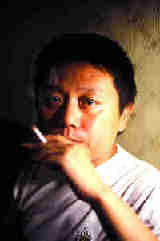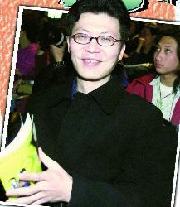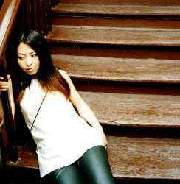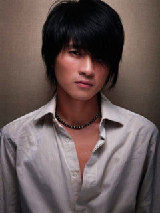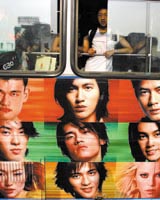
Since the 1990s, under the influence of outside cultures, China Mainland has undergone a new turn of cultural transformation. Among the many changes, the big changes seen in popular art, particularly in popular literature, have been the most eye-catching.
During the last 20 years, different literature signs (concepts) have appeared one after another in the Chinese literary scene. This article aims to demonstrate those changes to you in a way that allows you to feel the rich color in China's popular literature.
Hooligan Literature
At the end of the 1980s, a kind of so-called "hooligan literature" became fashionable in the mainland. The vulgar language, and the completely unreasonable plot, as well as young people's idleness and cynicism constituted the style of this literature.Wang Shuo is the leader of "hooligan literature," with many of his novels' classic languages being used by young people as their daily language.
Internet Literature
The Internet is proving to be a new medium to boost literature. A book, First Intimate Contact, written by Pizi Cai (Rowdy Cai), a Taiwan writer, tells the story of a pair of university students whose romance evolves on the Internet. First Intimate Contact made "Internet literature" popular and basically established the Internet literature's style, which tends to be free, teasing, and improvising in nature.
Beauty Writer
In 1999, author Zhou Wei Hui (pen name Wei Hui) sent ripples through the Chinese literary world with her novel
Shanghai Baby. With drugs, nightclubs, and sex, the novel is a semi-autobiographical book about Coco, a 25-year-old cafe waitress who falls in love with an impotent young man with a drug problem.'Shanghai Baby' struck a cord with young Chinese urban readers who were looking for a voice for their generation.
70s Generation

The "70s generation" (a name for those writers who were born in the 1970s) was another new concept, which welled up after the "beauty writers". Yin Lichuan, Shen Haobo, Li Hongqi and Ding Tian are the representatives of the "70s generation." Compared with former women writers, these writers have brighter personalities. For instance, they are more personal and urbanized, writing about things such as bars, sex, rock music, anger, and so on. As a result, the "70s generation" became another concept that readers and book people became interested in.
80s Generation
While the "70s generation"still occupied a spot on the stage, the "80s generation" impatiently appeared. These writers were all born in the 1980s, and most of them are the products of Internet writing and the "New Concept" writing competition, which was organized by a youth magazine and seven universities.
Because these juvenile writers lack experience, what they emphasize is a more sensitive feeling from the heart. Han Han, Guo Jingming, and Zhang Yueran are the three representatives of this group, although they did not become famous from this concept. Although the "80s generation" in itself is not original, it has a high business value.











